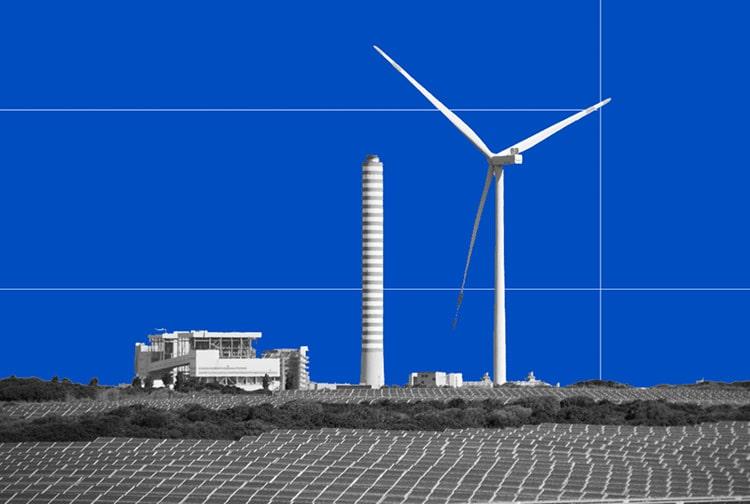Identifying I-REC Issuers: Who They Are and Their Role

The issuance of I-RECs is overseen by the International REC Standard Foundation, which is now more commonly known as the International Tracking Standard Foundation (I-TRACK Foundation). This not-for-profit organization sets the global rules for how I-RECs are issued, tracked, and redeemed. While it does not issue certificates or participate in trading, it plays a central role in maintaining the integrity of the system. Through its accreditation of local issuers, the I-TRACK Foundation ensures that each I-REC represents renewable electricity generated and consumed according to consistent, transparent standards. Issuers act as country-level or market-specific gatekeepers: they verify project data, issue certificates into the I-REC registry, and help enforce safeguards like the prevention of double counting or double claiming. To better understand how issuers fit into the overall I-REC system, you can explore our guides on how I-RECs work and the I-REC Registry.
Country-Level Accredited Issuers
The actual issuance of I-REC certificates is handled by Accredited Issuers appointed for each country or region. These Issuers are typically national grid operators, energy regulators, or independent companies authorized to run the system locally on behalf of the Foundation. Their responsibilities cover the full I-REC lifecycle: from registering renewable energy projects and verifying generation data, to issuing certificates into the registry. As the Foundation puts it, “Issuers are responsible for the registration of ‘Registrants' (production device owners or their representatives) and their production devices in a country or region… In addition, Issuers are responsible for the issuance of I-REC(E), which includes the verification of data.” No certificates can be issued in a country without an accredited Issuer in place. Despite regional variations, all Issuers operate under the same I-REC Standard rules, ensuring consistency and trust across borders.
| Organization | Country |
|---|---|
| AENOR Peru | Peru |
| ECOJER | Kazakhstan |
| The Center for Studies in Systemic Economics ECSIM | Colombia |
| CSG Carbon Asset Management (CSGCM) | China |
| Department of Energy Abu Dhabi | United Arab Emirates (Abu Dhabi) |
| Electricity Generating Authority of Thailand (EGAT) | Thailand |
| Energy and Petroleum Regulatory Authority (EPRA) | Kenya |
| Energy Peace Partners (EPP) | Chad, Democratic Republic of the Congo, Somalia, South Sudan, Haiti, Ethiopia) |
| Foton Energy | Turkiye |
| Green Certificate Company (GCC) | Bangladesh, Burkina Faso, China, Costa Rica, Dominican Republic, Egypt, El Salvador, Ghana, Guatemala, Honduras, India, Indonesia, Malaysia, Mauritius, Mauritania, New Zealand, Nicaragua, Nigeria, Panama, Peru, Philippines, South Africa, Sri Lanka, Taiwan, Uganda, Vietnam, Ecuador, Cambodia, Jordan, Morocco, Oman, Saudi Arabia, Singapore, Laos, Zimbabwe |
| Green Energy Services | Israel |
| ICX | India |
| Instituto Argentino de Normalización y Certificación (IRAM) | Argentina |
| Instituto Totum | Brazil |
| Lebanon Center for Energy Conservation (LCEC) | Lebanon |
| Local Good | Japan |
| Ministry of Economy and Finance of the Republic of Uzbekistan | Uzbekistan |
| Normex | Mexico |
| Oakley Greenwood | Australia |
| OLOLT Climate Change and Carbon Market Development Center | Mongolia |
| Pakistan Environment Trust (PET) | Pakistan |
| Royal Scientific Society (RSS) | Jordan |
| Santiago Climate Exchange (SCX) | Chile |
| State Grid Integrated Energy Service Group Co., Ltd (SGES) | China |
| Suriname Energy Chamber (SEC) | Suriname |
| Three Pillars Consulting | Oman |
| Transpower | New Zealand |
| World Green Economy Organization (WGEO) | United Arab Emirates (Dubai) |
Take Control of Your Emissions
and Sustainability Strategy Today!
Request DemoSummary
Introduction
Country-Level Accredited Issuers


